- TOP
- INFORMATION
- Know Before You Go
Know Before You Go
Facts About Japan
Country Name
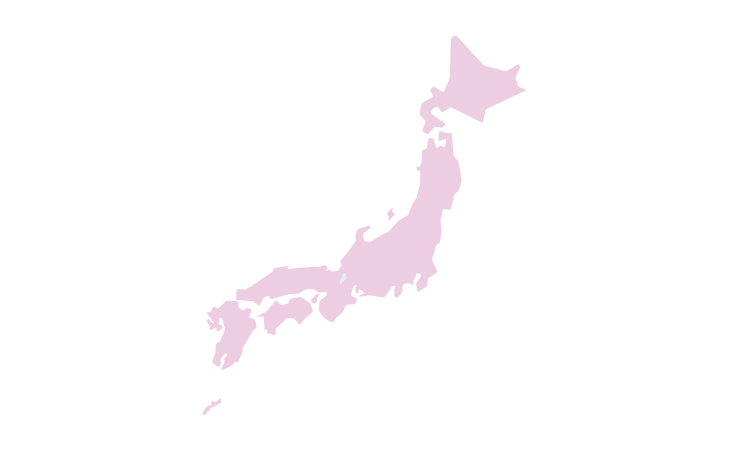
Japan is pronounced Nihon or Nippon in Japanese. It is interesting to know that while Tokyo is recognized as the capital of the country, no capital has been designated by law.
Flag
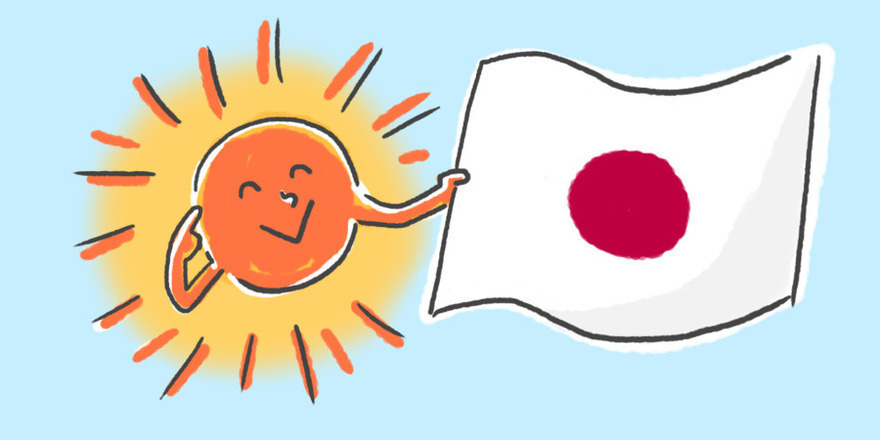
The official legal name of the Japanese flag is Nisshoki; however, it is more casually referred to as Hinomaru, which means "circle of the sun."
National Flower and Bird
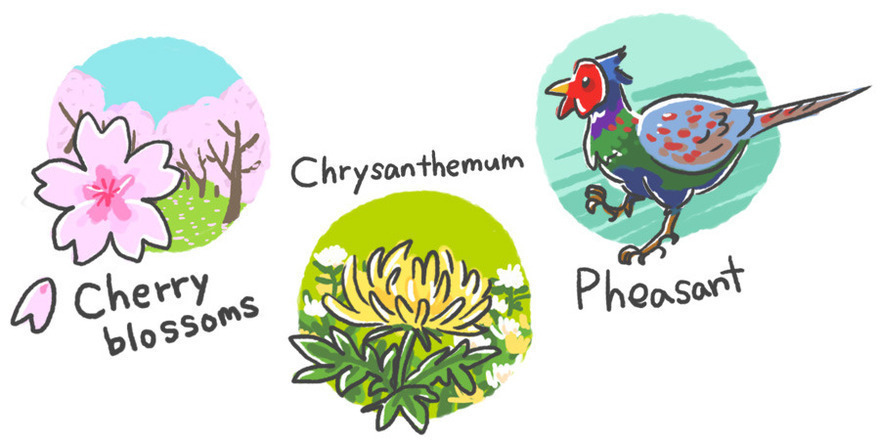
The cherry blossom and chrysanthemum are considered the national flowers and the Japanese pheasant is viewed as the national bird. However, no national flower or bird has been designated by law.
Prefectures
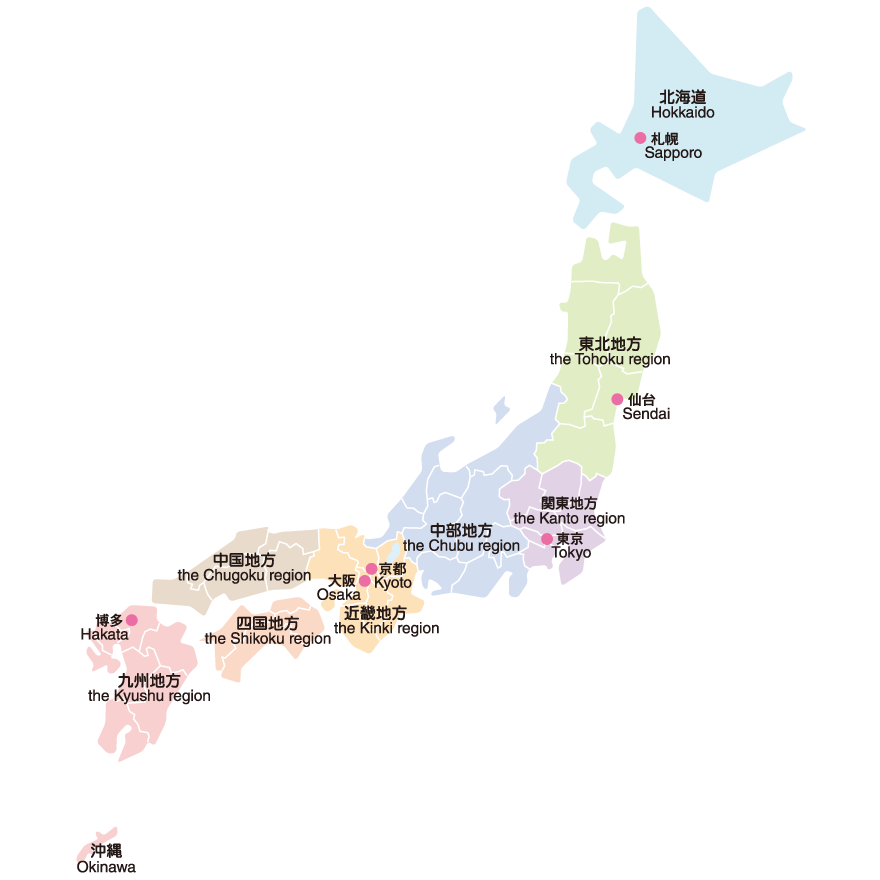
Japan consists of 8 regions that are comprised of 47 prefectures. These prefectures are divided into the categories of do, to, fu, and ken. Hokkaido is the do, Tokyo is the to, and Kyoto and Osaka are the fu. The remaining 43 prefectures are called ken.
Geography and Climate
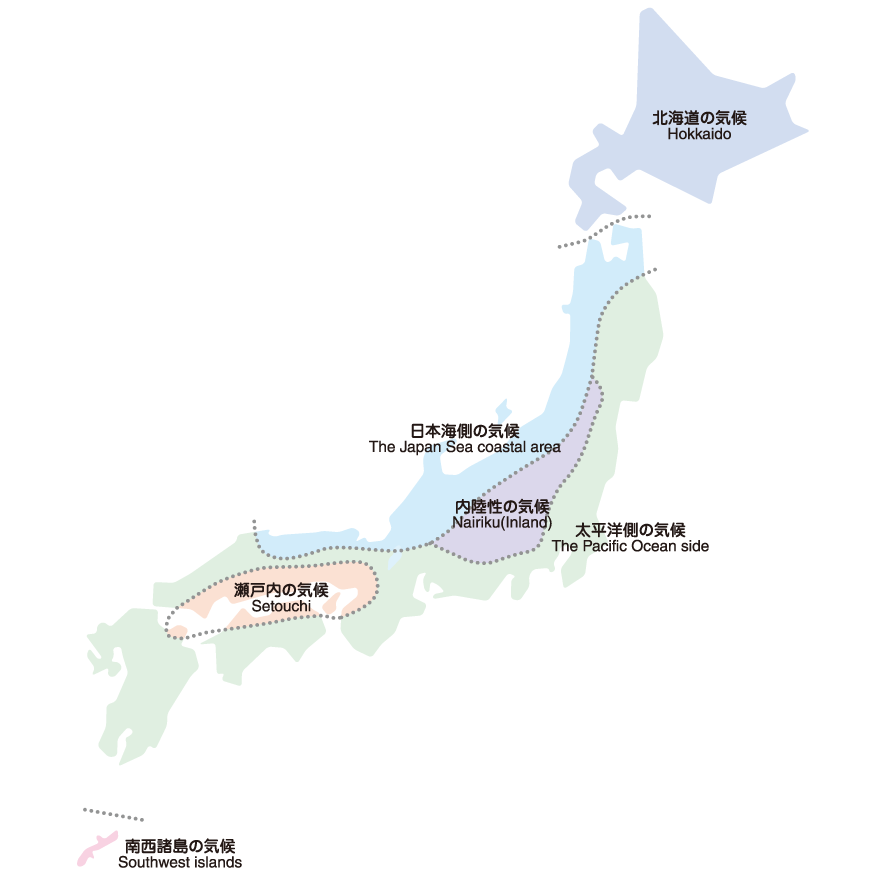
Japan's diverse climate ranges from tropical to frigid because of seasonal winds and sea currents. Most of the country enjoys a temperate climate with distinctive spring, summer, autumn, and winter seasons.
Ethnicities
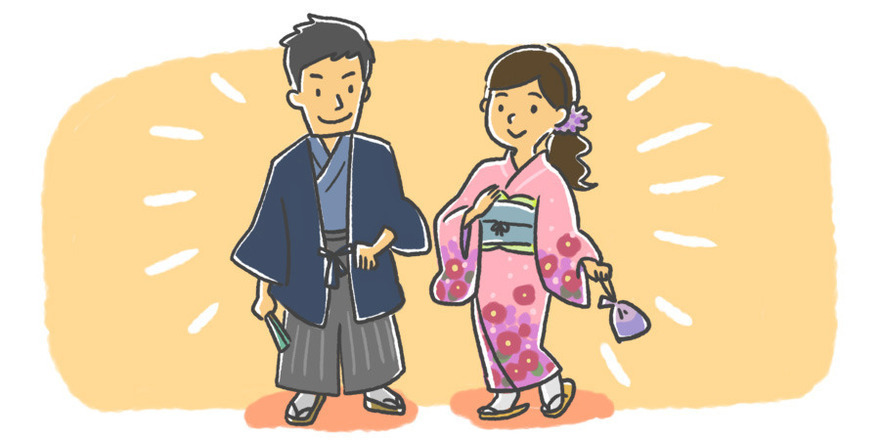
Some 98.5% of the population is considered to be ethnically Japanese. However, Japan views all people with Japanese citizenship as Japanese.
A Brief History of Japan
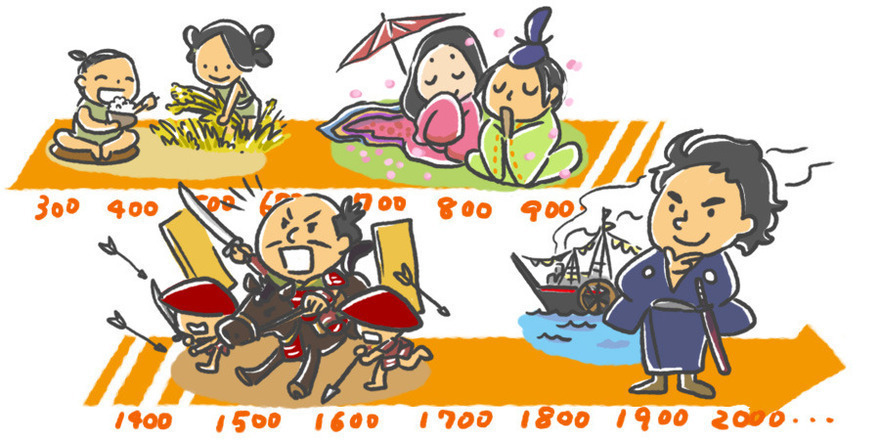
Ancient History (up to the end of the 6th century)
Era of the Court Aristocracy (end of the 6th century to the end of the 12th century)
Era of the Samurai (end of 12th century to the late 19th century)
Modern History (late 19th century to present)
Politics
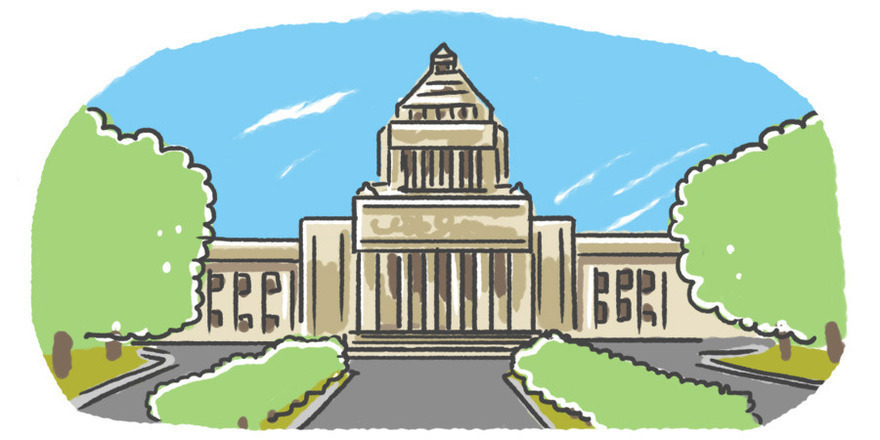
Japan is classified most often as a constitutional monarchy. However, the Emperor occupies only a symbolic role and does not yield any political authority in terms of government rule.
Education
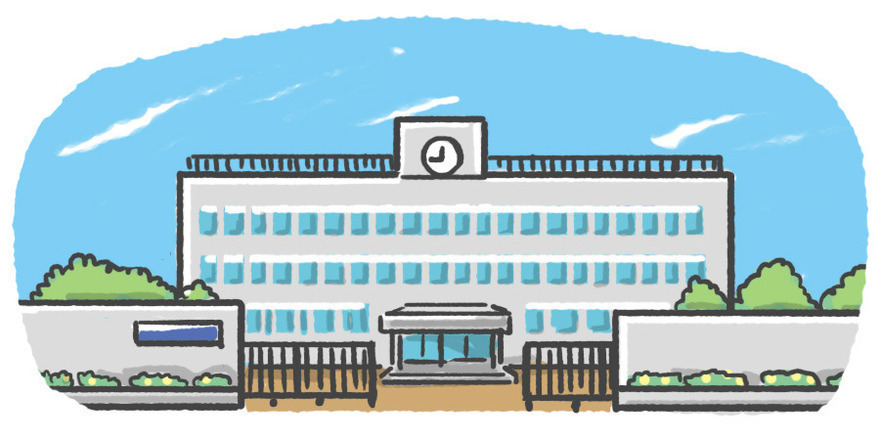
Japan's education system includes six years of elementary school, three years of junior high school, three years of high school, and four years of university. Compulsory education spans a nine-year period from the age of six to fifteen.
Religion
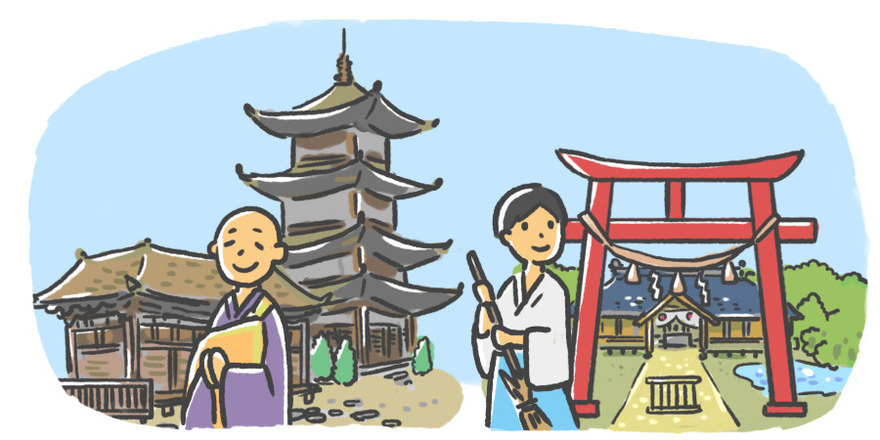
Shinto is Japan's traditional religion. A large part of the population is also Buddhist, and many observe the practices of both religions.
A small percent of the population practices other religions such as Christianity.
National Holidays
Major National Holidays
When: January 1st
What: a day to celebrate the start of a new year
When: second Monday in January
What: a day to celebrate those who turned twenty, the age of adulthood, during the previous year
Advice for Traveling During Holidays
When planning your holiday travels, keep in mind that nearly all stores in Japan close during the year-end and New Year's holidays. Also, be aware that roads and railways are extremely congested during a series of consecutive holidays at the end of April and beginning of May known as Golden Week.
Japan in a Nutshell: Money, Manners, and More
Business Hours
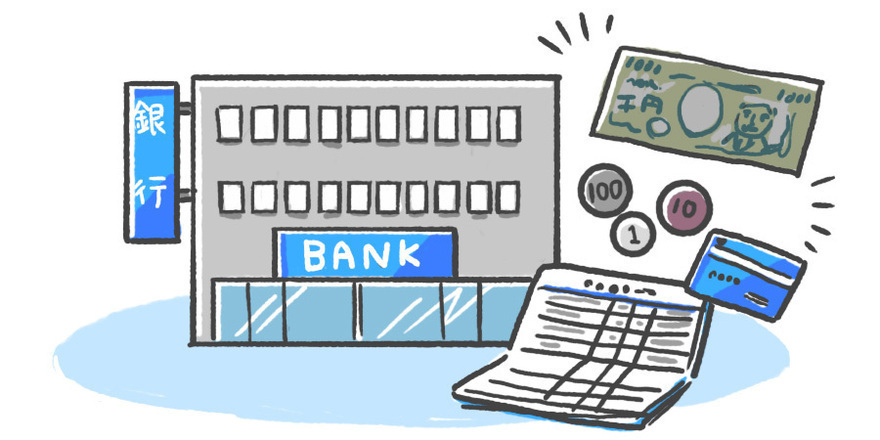
Banks and government offices are closed on Saturdays and Sundays. Banks are open on weekdays from 9:00am to 3:00pm. Stores are generally open between 10:00am and 7:00pm. However, many stores outside of major urban areas may close as early as 5:00pm or 6:00pm.
Language

The official language of Japan is Japanese. There are also a variety dialects spoken in different parts of Japan. Unlike standard Japanese, these dialects contain unique words and phrases that have developed based on the area's local customs, culture, climate, or environment.
Time Differences
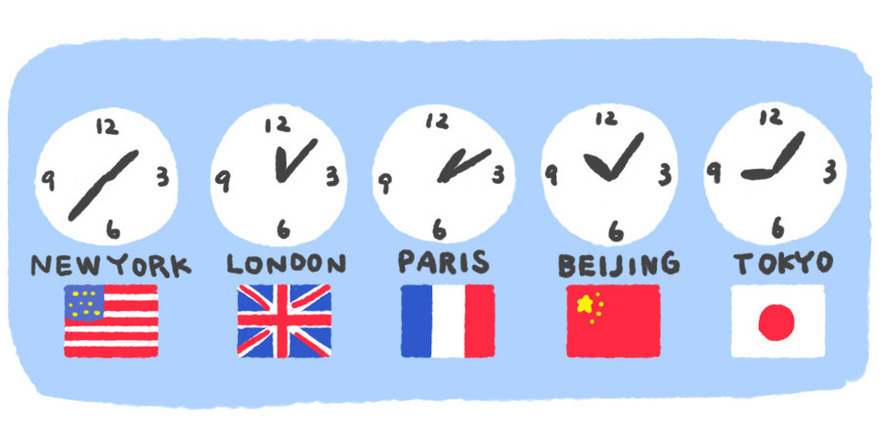
The following time differences are observed between Japan and other countries:
- Indonesia: plus/minus 0 to 2 hours、
- Taiwan: minus 1 hour
- Hong Kong: minus 1 hour
- Malaysia: minus 1 hour
- South Korea: 0 hours
- Singapore: minus 1 hour
- Thailand: minus 2 hours
- China: minus 1 hour
- Australia: plus 1 to minus 1 hour [plus 2 hours to minus 1 hour]
- United States: minus 14 to 19 hours [minus 13 to 19 hours]
- Canada: minus 12 hours 30 minutes to 17 hours [minus 14 hours to 16 hours]
- Hawaii: minus 19 hours
- France: minus 8 hours [minus 7 hours]
- Italy: minus 8 hours [minus 7 hours]
- Germany: minus 8 hours [minus 7 hours]
Money
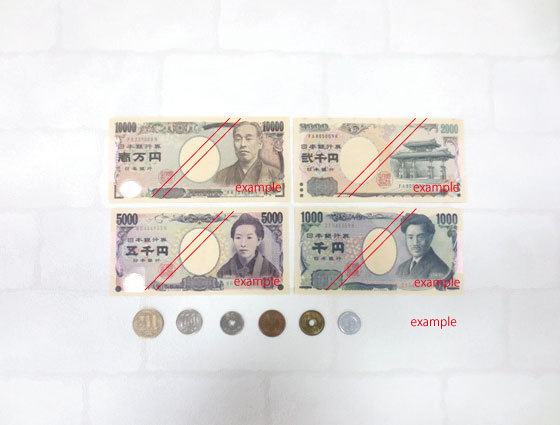
Japan's currency is the Japanese yen. There are four denominations of paper currency: 10,000 yen, 5,000 yen, 2,000 yen, and 1,000 yen. There are six denominations of coins: 1 yen, 5 yen, 10 yen, 50 yen, 100 yen, and 500 yen. Be aware that the 2,000 yen note cannot be used in most vending machines.
Drinking Water
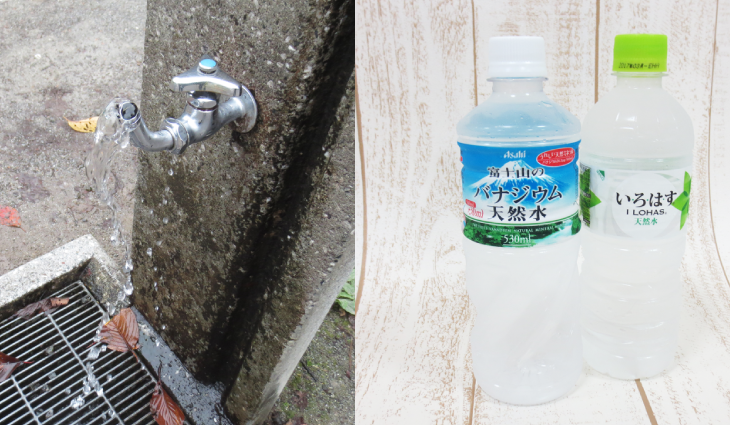
It is safe to drink water straight from the tap in major cities, but be aware that some places in the mountains use well water that is not safe to drink without filtering or boiling first. If you don't like the taste of Japan's tap water, there is a wide selection of water and other drinks sold at convenience stores, drug stores, super markets, or vending machines.
Vending Machines
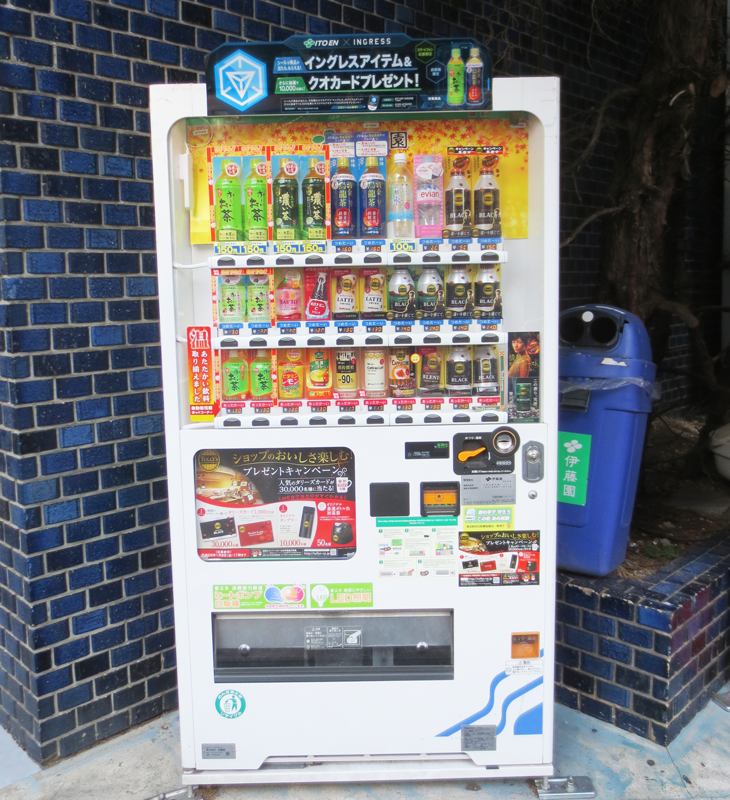
Vending machines are located throughout every city and town in Japan, making beverages readily available if you need one. Both chilled and hot beverages can be purchased from vending machines. Generally, 350ml juice and 300ml canned beverages are priced at 130 yen, while PET bottles are sold for 160 yen.
Cigarettes
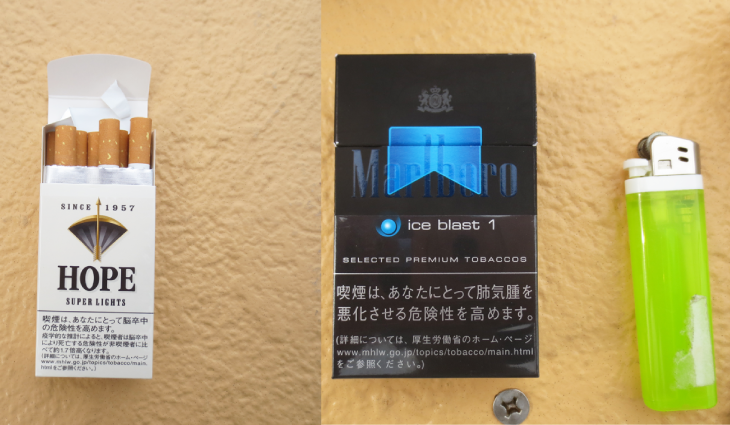
Under Japanese law, you must be at least 20 years of age to smoke cigarettes. Cigarettes can be purchased from convenience stores or cigarette shops. There are also cigarette vending machines, but you will need a Taspo card to make purchases. Since you must have an alien registration certificate to obtain a Taspo card, it is not an option for most tourists. Many restaurants now have separate smoking and non-smoking sections, but few prohibit smoking entirely. Please note that there are designated spaces for smoking in public. Smoking outside of these spaces is illegal, as is walking while smoking.
Alcohol
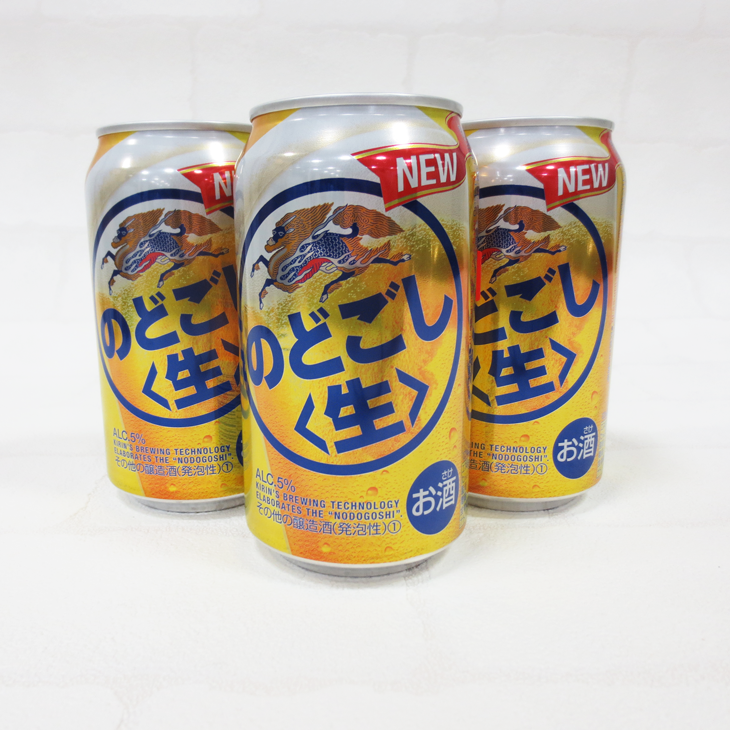
The legal drinking age in Japan is 20. There is no law against the public consumption of alcohol. In fact, many Japanese people enjoy drinking alcohol while looking at cherry blossoms in the spring or have an alcoholic beverage in hand as they enjoy festivals and other outdoor events. However, drinking and driving is strictly prohibited for all types of automobiles, motorcycles, and bicycles. Violations result in huge fines.
When drinking with others in Japan, it's customary to pour drinks for the people with you rather than for yourself. They should return the favor and keep your glass full.
Electricity
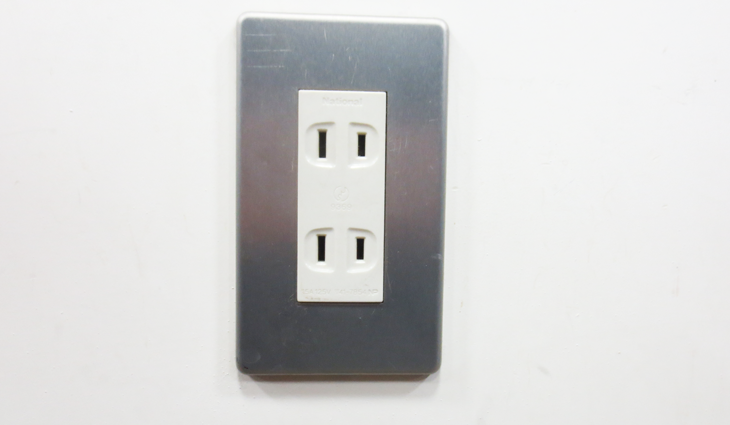
The voltage in Japan is 100V, with Eastern Japan using 50Hz and Western Japan using 60Hz. As such, you may need a 100V voltage converter for your electronic devices. All plugs in Japan have two pins, so you won't have any problems as long as your electronic devices are the same. You can purchase a adapter at Yodobashi Camera, Bic Camera, other electronics retailers, or shops at the airport.
Exchanging Money
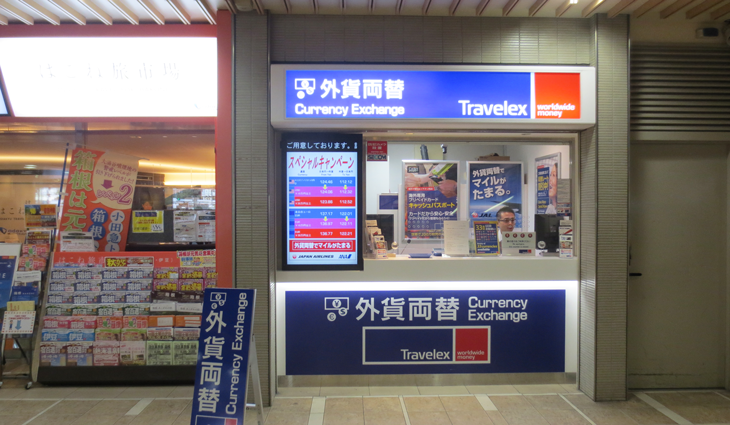
You can exchange currency at certain banks, Japan Post Bank, certain post offices, Travelex or World Currency Shop, as well as some discount ticket shops (Daikokuya, etc.). Most banks are open from 9:00am to 3:00pm, while Japan Post Bank and post offices open from 9:00am to 4:00pm. Most currency shops stay open longer than banks, usually between the hours of 10:00am and 5:00pm or 6:00pm on weekdays. Some are even open on Saturdays and Sundays.
ATMs
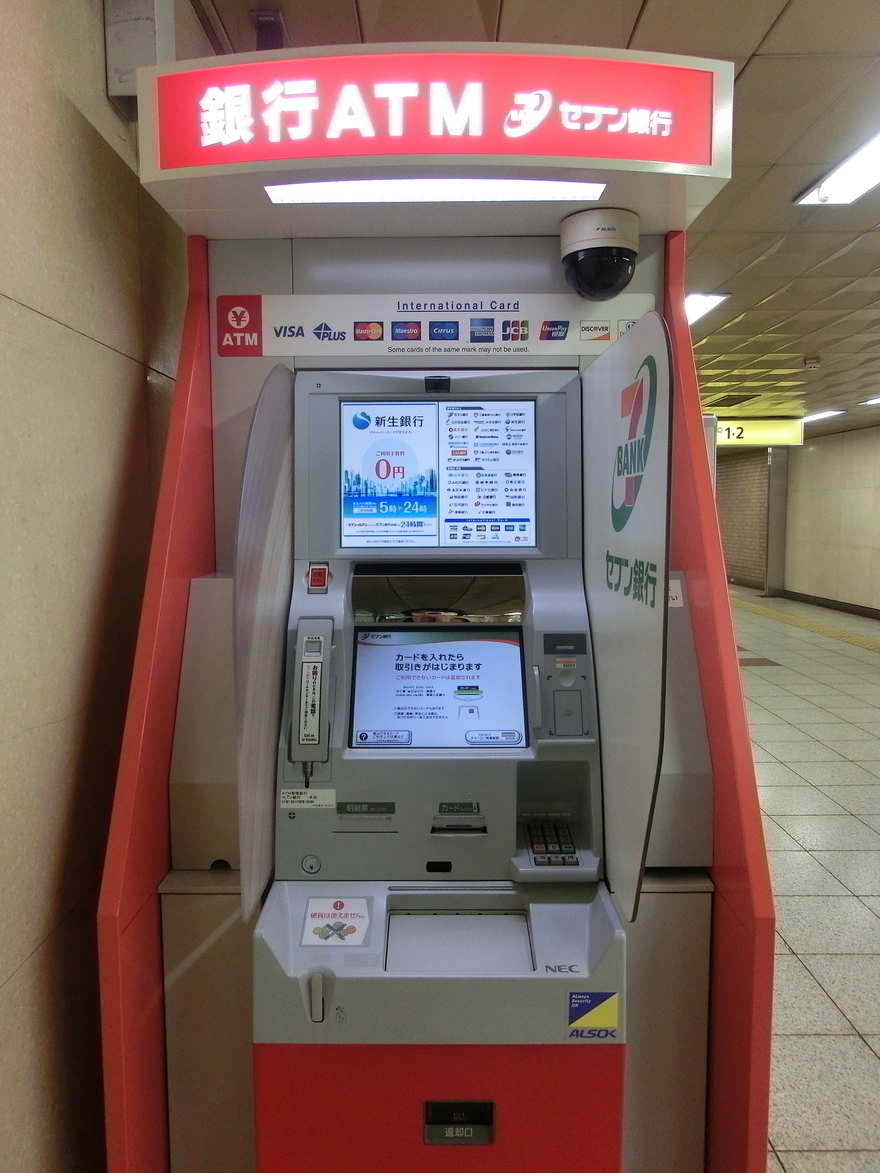
Most debit / credit cards can be used at Seven Bank ATMs or Japan Post Bank ATMs located at post offices. However, it is strongly recommended that you call your financial insitution to confirm that you will be able to use your card in Japan.
Cash withdrawals using a credit card that allows cash advances can be made at Japan Post Bank ATMs, Seven Bank ATMs, and certain ATMs found in other convenience stores such as FamilyMart. Near the ATM you will find logos of the credit card companies whose cards are accepted. It is a good idea to call your credit card company to inform them that you will use your card abroad to avoid having a hold placed on your card due to suspected suspicious activity.
For more information about banking options in Japan, please refer to these links below.
Seven Bank
Japan Post Bank
How to Use an ATM
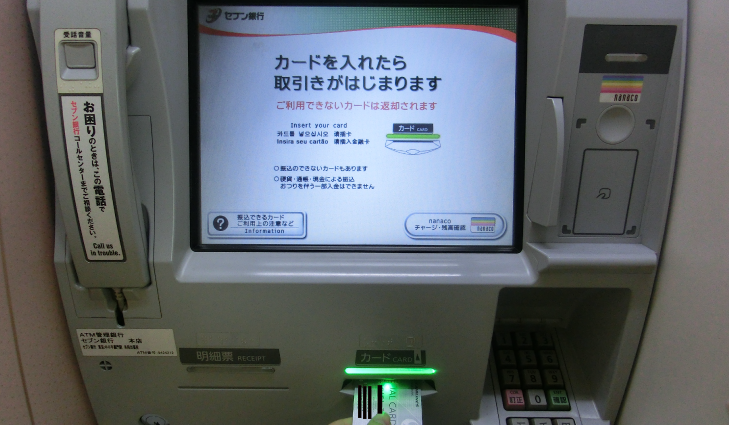 ① Insert your credit card or debit card
① Insert your credit card or debit card
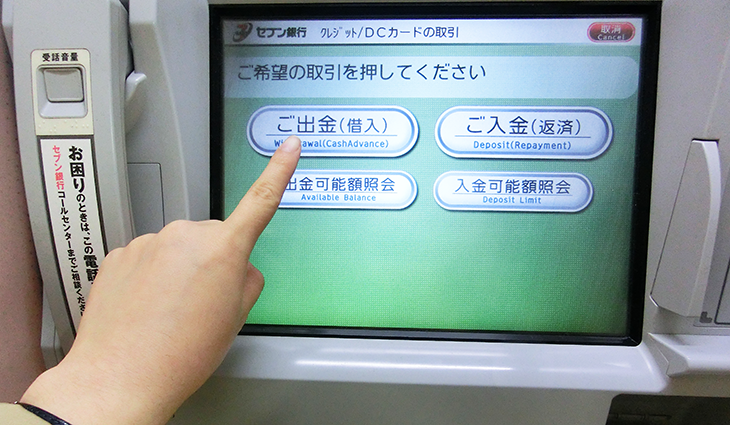 ② Press the withdrawal button
② Press the withdrawal button
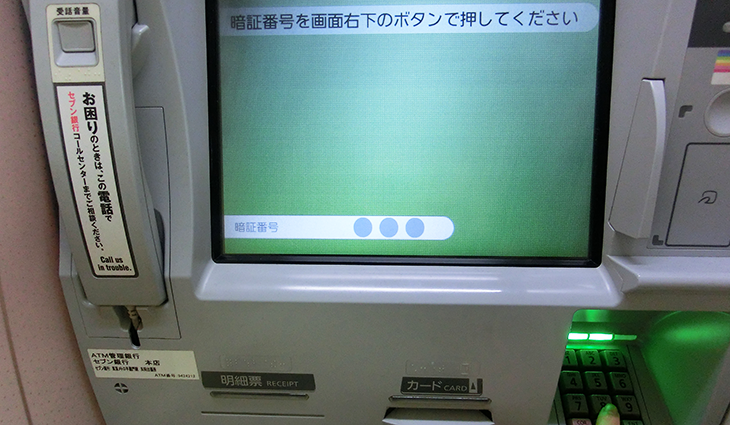 ③ Enter your PIN and press enter
③ Enter your PIN and press enter
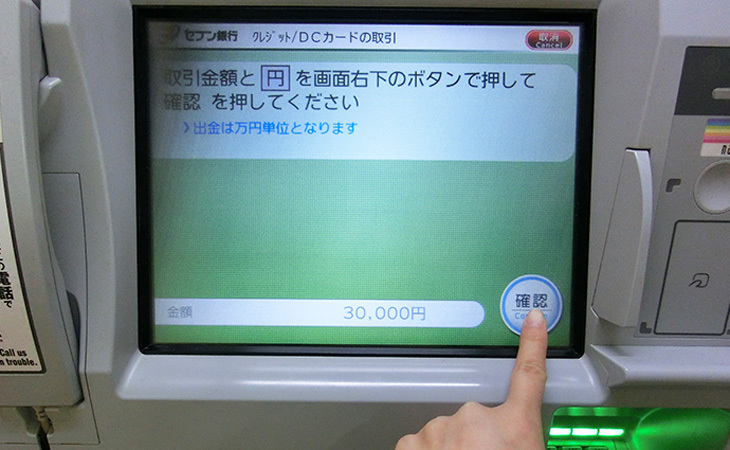 ④ Select the amount (Japanese yen)
④ Select the amount (Japanese yen)
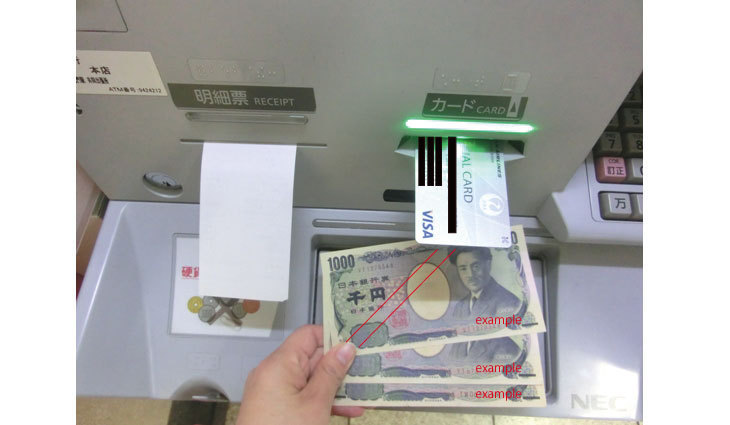 ⑤ Don't forget to take your cash, credit card / debit card and receipt
⑤ Don't forget to take your cash, credit card / debit card and receipt
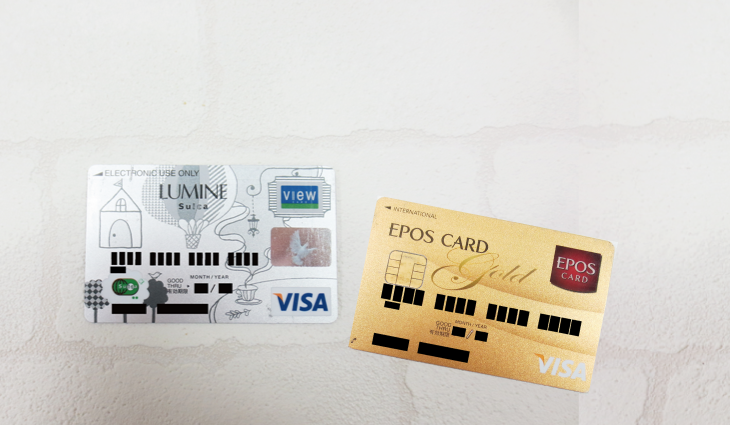
Stores that except VISA, MasterCard, or other credit cards will display the credit card's logo near the register at the entrance. However, some cards may not be accepted. Ask a staff member if you aren't sure if your card will be accepted. You may be asked how many times you want the amount of your purchase to be dispersed. Ikkai barai means a single payment, nikai barai means the amount can be paid off in two installments, and so on. It does NOT mean you will be charged the full amount multiple times.
Muslims / Halal Foods
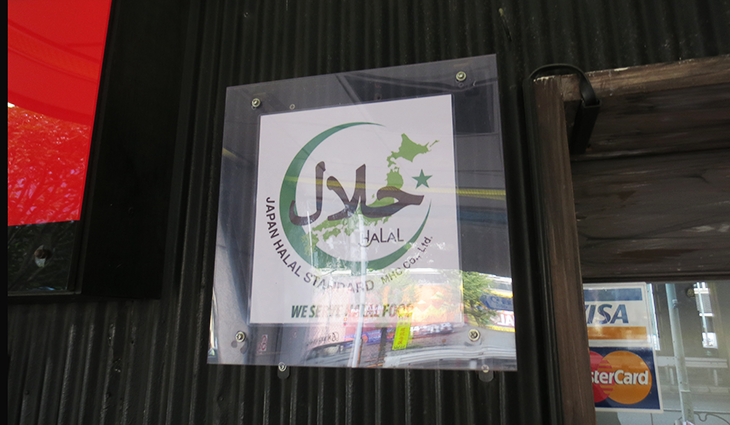
A growing number of restaurants and shopping centers now offer Halal foods, and a number of shopping centers now have prayer rooms as well.
Dress Code
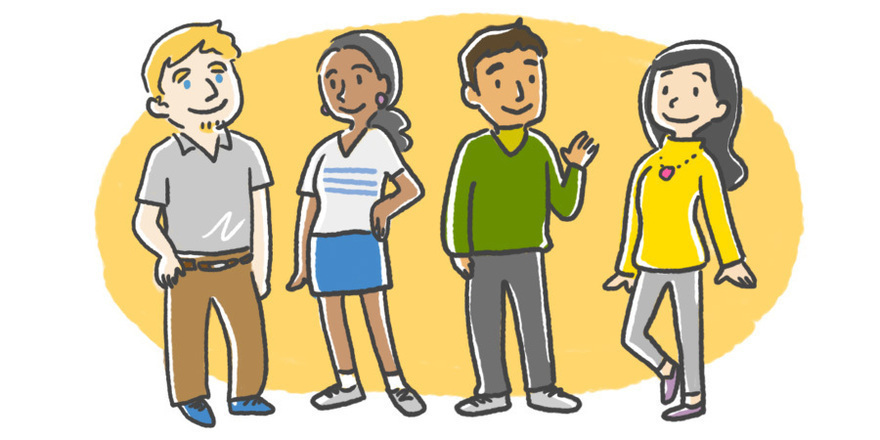
There are no explicit rules regarding how to dress in Japan. However, some high-end restaurants or cultural experiences may have their own rules or requests about attire, so please check before you go.
Tipping
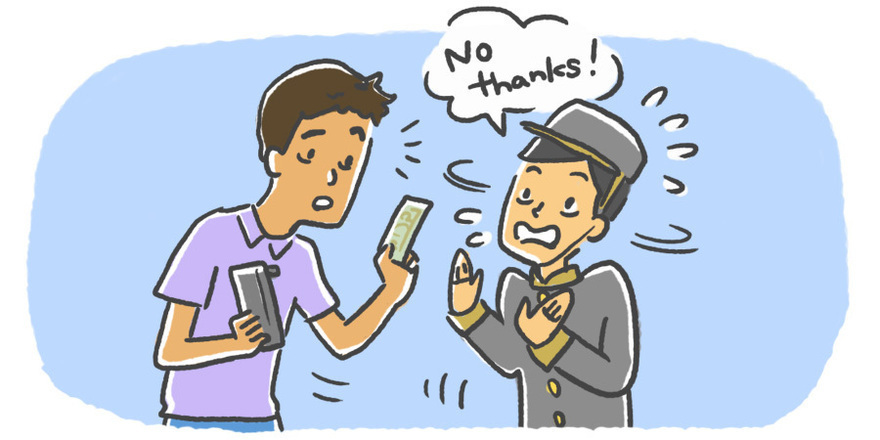
There is no tipping in Japan. If you try to leave a tip on the table of a restaurant, the staff is likely to think you've forgotten your money and come rushing after you to return it! However, some restaurants or accommodations may add a service charge to your bill.
Toilets
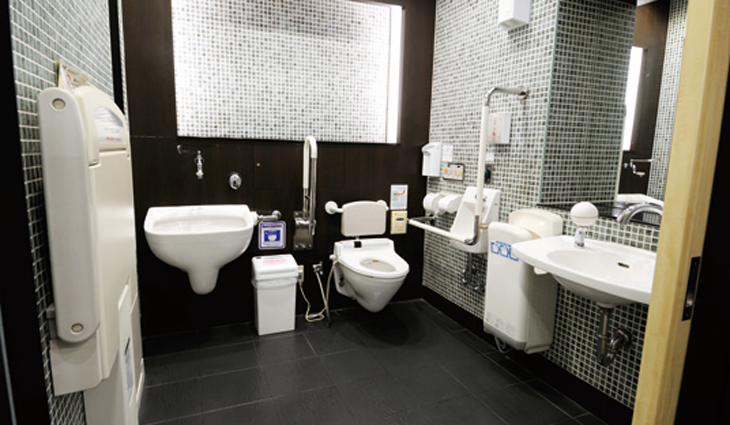
There are both Japanese-style (i.e. squatting) and Western-style toilets in Japan. In nearly every case the toilet will be a flushable type. Be sure to discard toilet paper in the toilet and flush it. However, don't flush anything other than the toilet paper provided. Many restrooms have a toilet with an attached bidet.
Traffic Rules and Signals
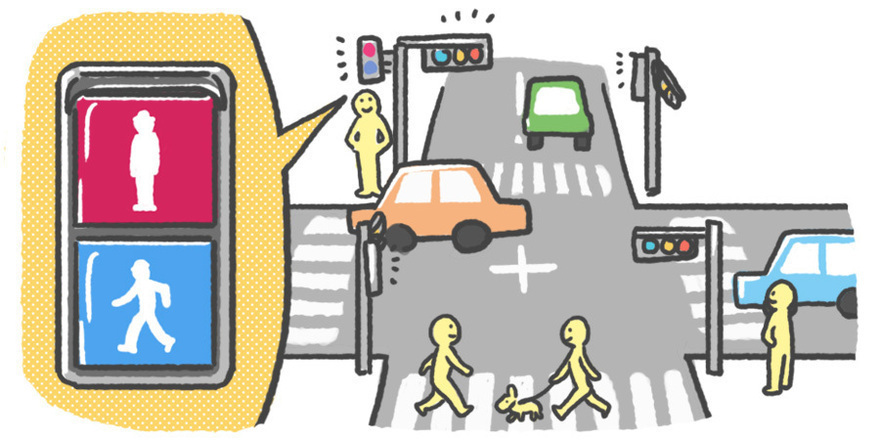
Cars drive on the left and pedestrians walk on the right. Use the sidewalk when you're a pedestrian and always use a cross-walk when crossing the street. As is the case in most countries, green means go and red means stop. Don't run a red light or jaywalk, as this is very dangerous. Some traffic signals require that pedestrians touch a button to activate the cross walk.
Escalators
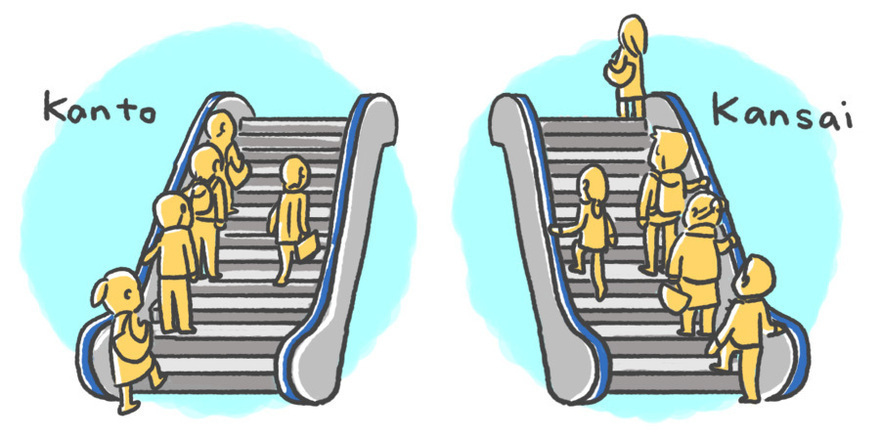
The recent custom has been to stand on the left of an escalator and let people in a hurry pass on the right (in Osaka you're supposed to stand on the right and let people pass on the left). However, to prevent injuries some areas have banned walking on escalators and instead require people to ride side by side.
Elevators
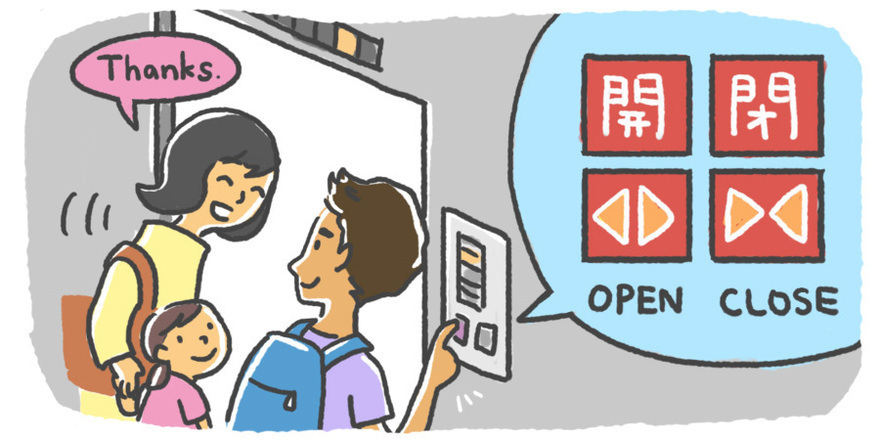
People getting off the elevator have the right of way. Only board the elevator after everyone is off. If you are standing in front of the control panel, be sure to press the "open" button in case anyone is getting off. Refrain from loud conversations or talking on your mobile phone when inside an elevator.
Manners in Public Places
When to Avoid Talking on Your Cell Phone
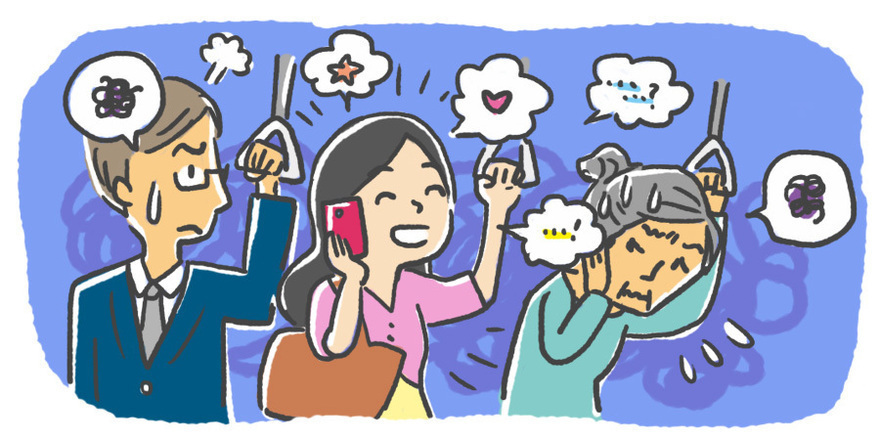
Avoid talking on your cell phone at restaurants, shrines, art museums, and on trains. Please set your cell phone to vibrate when at these locations.
Lining Up Properly
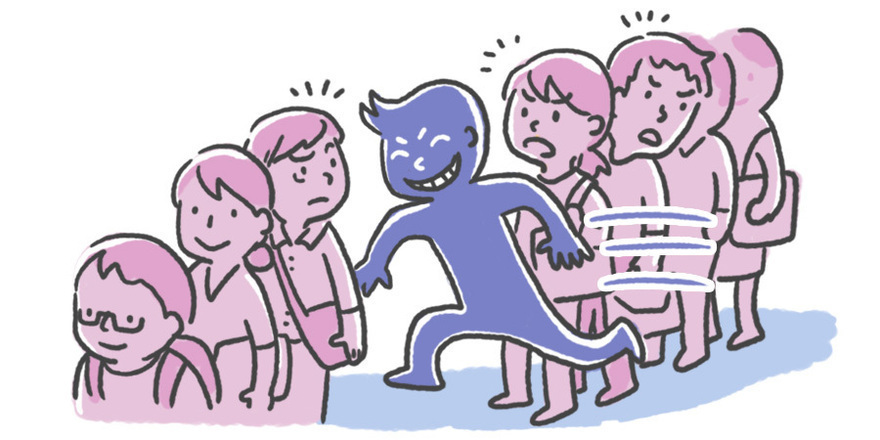
When waiting to board a train or pay at a register, the person in front of you is always first. Cutting in line is bad manners. Always line up at the end of a line.
Disposing of Garbage
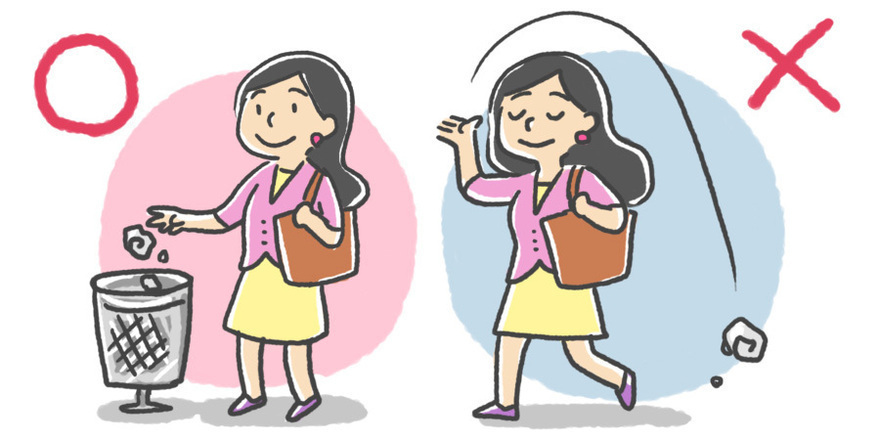
Trash cans in Japan are separated into burnable trash, non-burnable trash, and plastics. Be sure to use the correct one. It can be difficult to find a trash can in public. Convenience stores will usually have trash cans outside of the store. If you can't find one, please take your trash with you.
Good Manners in Hotels
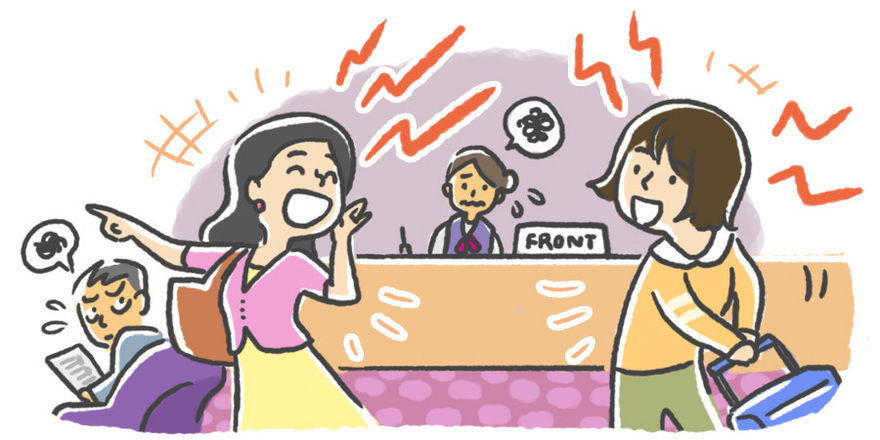
Avoid using loud voices in the hallway or lobby of hotels and keep the noise level down when in your guestroom. At hotel buffets, take only a portion that you can eat and eat only at your seat.
Rules for Public Baths and Onsen
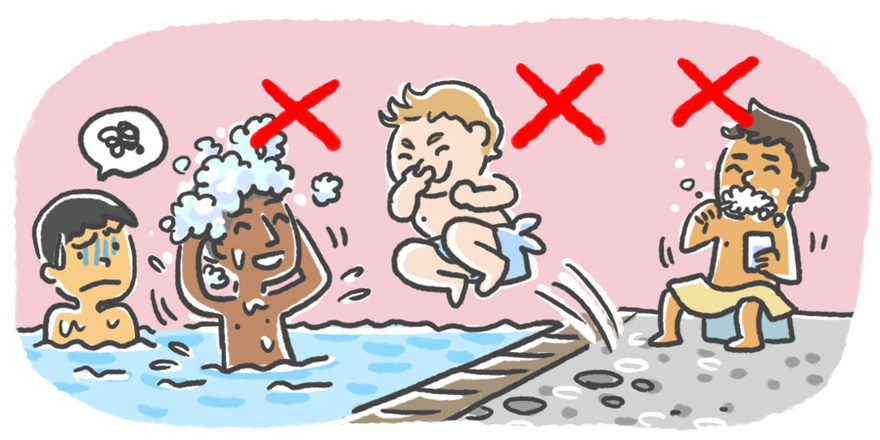
In Japan, people not only take showers, but also soak themselves in a bathtub to warm their entire body. When bathing with others at a hot spring, bathhouse, or public bath, you must wash your body thoroughly before getting in. The towel you use to wash your body must not come into contact with the bath water. Swimming or diving is not allowed. Don't brush your teeth or wash your clothes in a public bath either. Avoid entering the changing room when dripping wet.
THIS ARTICLE IS BASED ON INFORMATION FROM 02 10,2016








